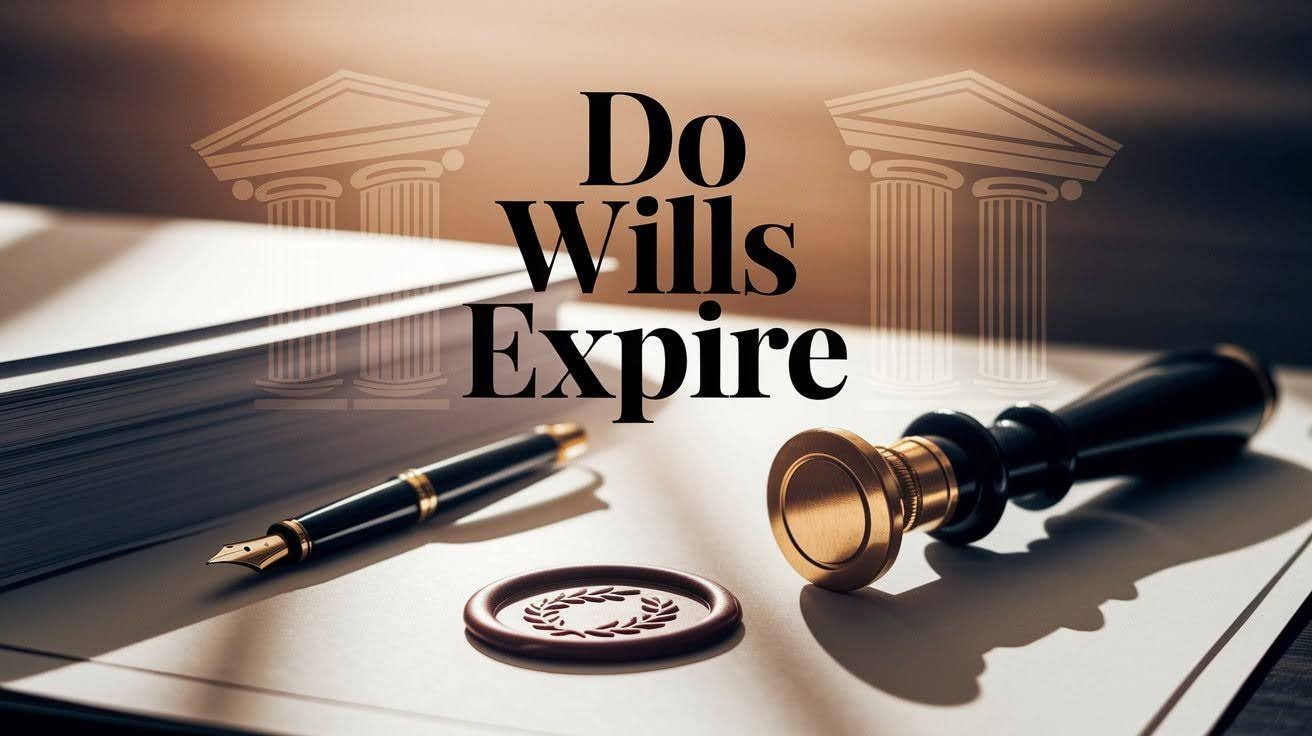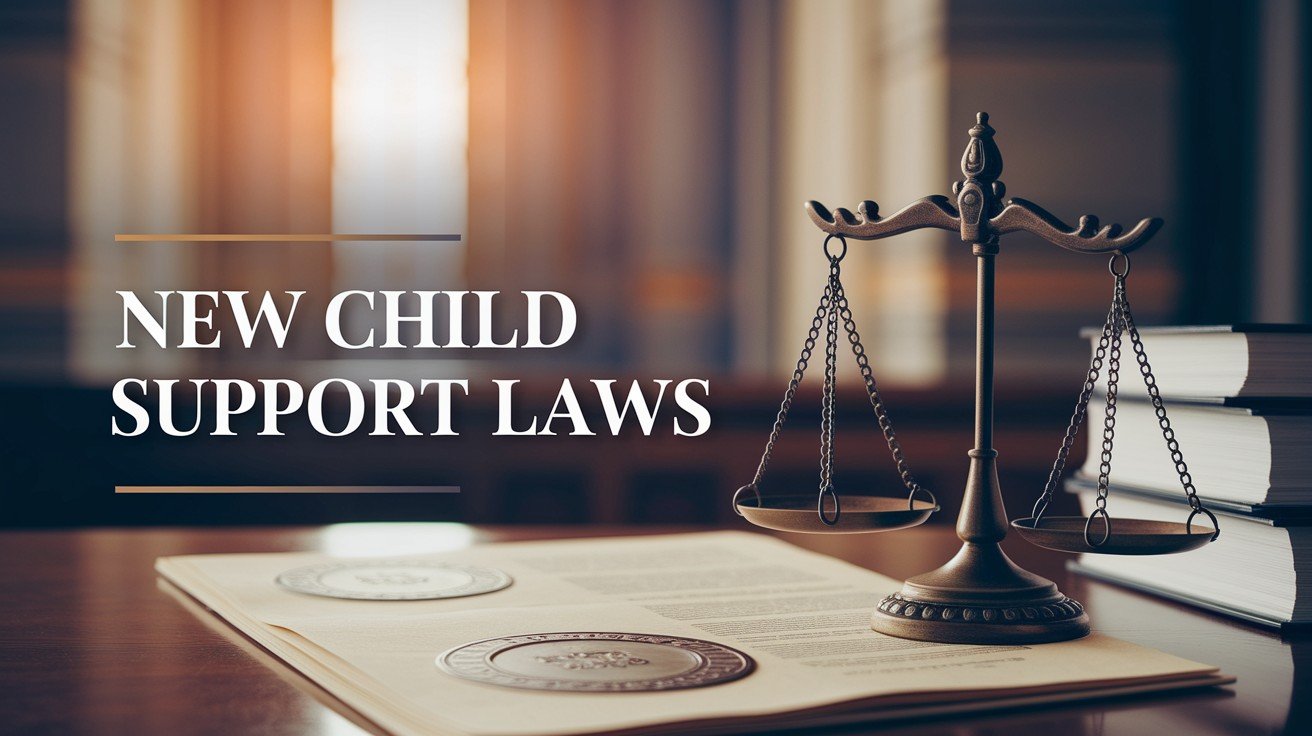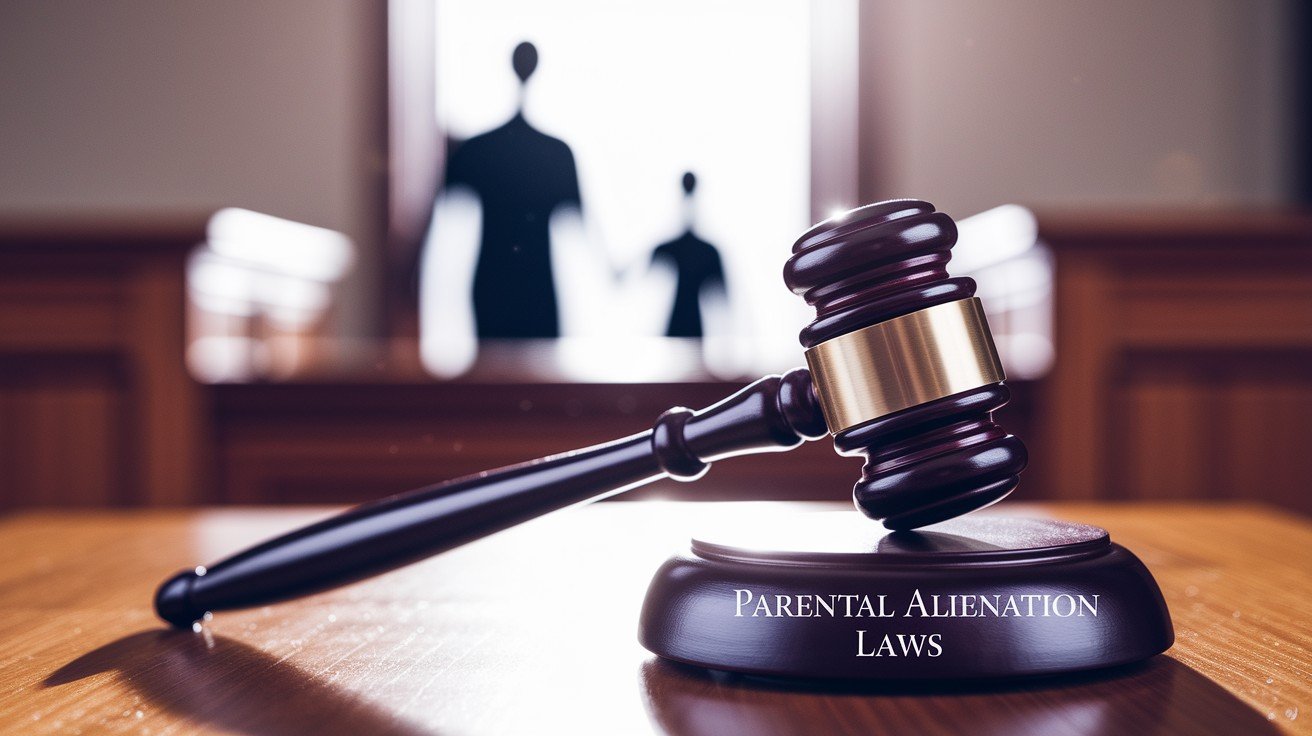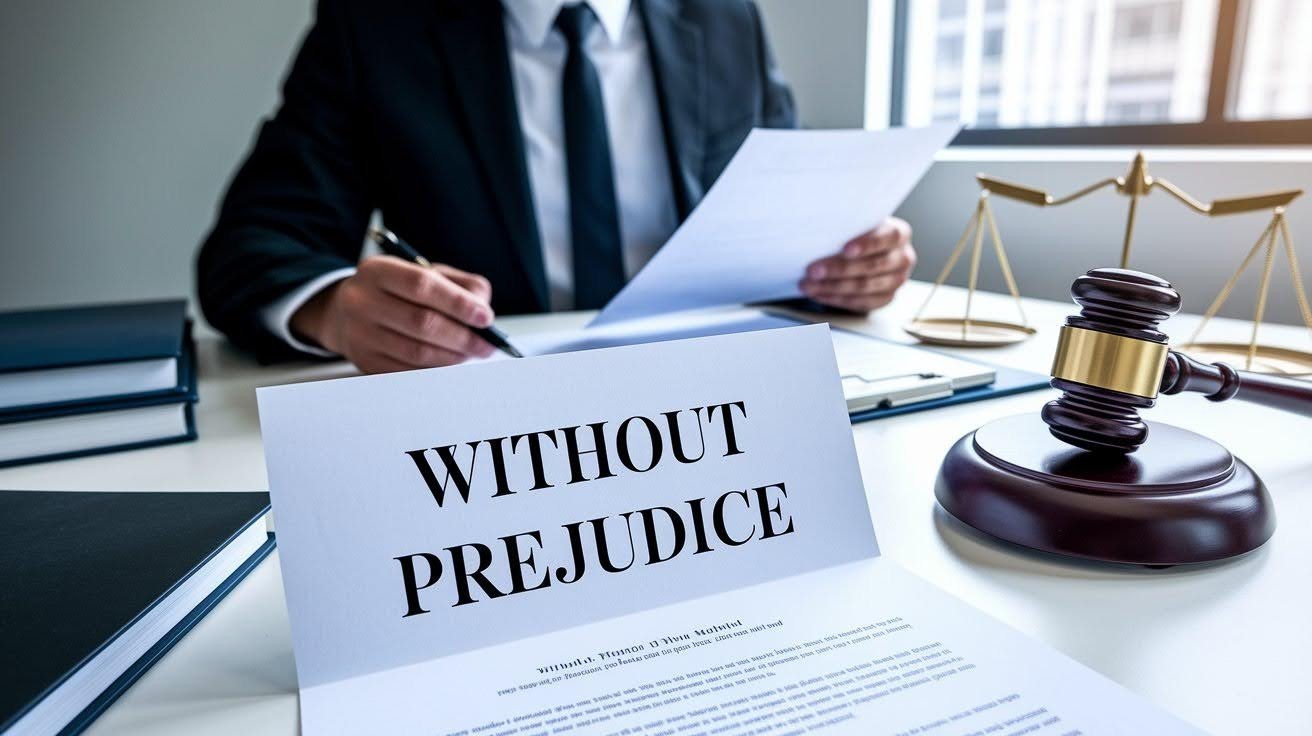There is just one question that people frequently ask themselves: Could it be that a will lapses, such as a driver’s license or even a passport? The answer is no. Unlike legal documents, a valid will has no legal expiration date.
It always remains valid upon the will meeting your state’s own legal requirements. This is true of the will that was created in the last year or years before. Older wills are regularly upheld within the courts, and they also guide all of the families that rely on them for the distribution of assets after death.
Life can change it time is not able to void a will. Updates to state law, moving to a different state, or even changes throughout your own life could affect the structure of your will.
How long will a will remain valid?
A will can remain valid indefinitely, as long as it meets all legal requirements and hasn’t been revoked, destroyed, or replaced by a newer will. There’s no expiration date for a properly conducted will, so technically, it stays in effect until the person who made it passes away.
Changes in circumstances like new assets, births, deaths, or changes in law can make an old will outdated or unclear. That’s why it’s important to review and update your will regularly to ensure it continues to reflect your current wishes.
Even decades-old wills can be valid, but the clearer and more up-to-date they are, the easier it will be for executors and courts to honor your intentions without disputes.
What Keeps a Will Valid Over Time?
Ensuring a will remains legally effective requires careful attention to updates, formalities, and changing circumstances:
Proper Execution
When I created my will, I made sure every step followed the legal requirements. Signing it in front of witnesses wasn’t just a formality it gave me confidence that my wishes would be honored exactly as I intended.
I also double-checked that my witnesses were qualified and understood their role. Knowing they couldn’t be beneficiaries made me feel my will was rock-solid against disputes.
Finally, I kept my original will in a safe, accessible place. Just having it stored properly gave me peace of mind, knowing that when the time comes, it can be easily located and executed without hassle.
Witness Signatures
When I had my will signed, I made sure my witnesses were present and attentive. Their signatures weren’t just a legal box to tick they were a promise that my intentions were clear and witnessed properly.
I chose people I trusted, who weren’t beneficiaries, so there would be no conflict or questions later. It felt good knowing my will had that extra layer of credibility.
After signing, I kept a note of who the witnesses were and how to contact them. That small step reassured me that if anyone needed to verify the will in the future, it could be done smoothly.
Mental Capacity
When I drafted my will, I made sure I was fully aware of what I was doing and the decisions I was making. Understanding the assets, beneficiaries, and consequences gave me confidence that my wishes were clear and intentional.
I also took time to review everything carefully, without distractions or pressure. Knowing I was of sound mind made me feel certain that my will truly reflected my intentions.
Keeping a record of my thought process and decisions helped me feel secure, knowing that my mental capacity could be clearly demonstrated if ever questioned.
Clear Intent
When I wrote my will, I made sure every decision was straightforward and unambiguous. I wanted anyone reading it to understand exactly what I wished to happen, without confusion.
I took extra time to describe my assets and name my beneficiaries clearly. Seeing everything laid out plainly gave me peace of mind that my intentions would be honored.
I also reviewed the language to avoid vague terms or phrases. That small effort ensured my wishes couldn’t be misinterpreted later, keeping my will strong and effective.
Compliance With State Law
When I prepared my will, I made sure to follow my state’s specific rules and requirements. Each state has its own laws about signing, witnessing, and formatting, and I wanted to avoid any issues that could invalidate it.
I checked that the number of witnesses, notarization (if needed), and wording all met legal standards. Knowing I had done this correctly gave me confidence that my will would hold up legally.
I also stayed aware of any changes in the law over time. Keeping my will compliant with current regulations ensures it remains valid and enforceable whenever it’s needed.
Avoiding Coercion
When I created my will, I made sure I was making decisions freely, without anyone pressuring or influencing me. It was important to me that my choices truly reflected my own wishes.
I took the time to discuss my plans privately and only with trusted advisors. That way, I could be certain that every decision was mine and mine alone.
Being aware of potential coercion gave me peace of mind, knowing that my will would stand as a genuine representation of my intentions, no matter what.
Properly Identified Beneficiaries
When I listed my beneficiaries, I made sure each person was clearly identified-full names, relationships, and any other details needed to avoid confusion. This made my intentions unmistakable.
I also double-checked for accuracy, especially with similar names or multiple family members, so there would be no disputes later.
Taking the time to specify each beneficiary carefully gave me peace of mind, knowing that the right people would receive what I intended without any ambiguity.
Legal Formalities for Amendments
When I needed to make changes to my will, I didn’t just cross things out or add notes. I followed the proper legal process, either through a codicil or by drafting a new will, to make sure the updates were valid.
I made sure the amendments were signed and witnessed with the same care as the original document. That way, there was no doubt about their legitimacy.
By respecting these formalities, I felt reassured that my updated wishes would be honored just as clearly as my original ones.
No Destruction
When I finalized my will, I made sure the original document stayed intact and undamaged. Destroying or altering it, even accidentally, could create doubts about my true intentions.
I stored it safely in a place where it wouldn’t be lost, torn, or exposed to risk. Keeping it secure gave me confidence that my wishes would remain protected.
By preserving the will carefully, I ensured there would be no confusion or challenges about its authenticity when the time comes.
Regular Updates
When I needed to make changes to my will, I didn’t just cross things out or add notes. I followed the proper legal process, either through a codicil or by drafting a new will, to make sure the updates were valid.
I made sure the amendments were signed and witnessed with the same care as the original document. That way, there was no doubt about their legitimacy.
By respecting these formalities, I felt reassured that my updated wishes would be honored just as clearly as my original ones.
Executor Awareness
When I chose my executor, I made sure they knew about their role and were willing to take on the responsibility. Having that conversation early gave me confidence that my wishes would be carried out smoothly.
I also explained where my will and important documents were kept, so there would be no confusion or delays when the time came.
By keeping my executor informed, I felt reassured that my estate would be managed with clarity and respect for my intentions.
Tips for Keeping Your Will Current and Accessible
Practical steps to ensure your will always reflects your wishes and can be easily found when needed.
- Store Safely: Keep the original in a fireproof safe, safety deposit box, or with your attorney.
- Inform Key People: Make sure your executor and trusted family members know the will’s location.
- Consult Regularly: Meet with your attorney every few years to review and update as needed.
- Distribute Copies: Share copies with your executor and attorney, clearly marking the original.
- Use Proper Updates: Make changes legally with codicils or a new will-never handwritten notes.
- Update Beneficiaries: Keep retirement accounts, life insurance, and other beneficiary forms current.
- Review Tax Laws: Revisit your will when federal or state tax rules change.
- Plan for Digital Assets: Include instructions for online accounts, cryptocurrencies, and digital files.
- Name Backup Executors: Appoint alternates in case your first-choice executor cannot serve.
Conclusion
The answer to “Do wills expire?” is simple: A properly written will stays valid indefinitely, never expiring at all once created under your state’s rules. It does not mean, though, that you can write it only once and then forget about it.
Marriage, divorce, children, new property, or moving states are all of the life changes that make your will outdated. That document does not expire it can lose force legally or cease reflecting current desires if unrevised.
Your will can be considered as a living plan. It provides for the future of your family. You review it regularly, then update it when life shifts, so you give your loved ones clarity along with protection. You also keep it stored in a safe way when it is needed a great deal.
Frequently Asked Questions
How long does a will remain valid after it’s signed?
A properly executed will remains legally valid indefinitely there’s no expiration date. The document stays effective until you revoke it, create a new will, or certain life events automatically change its provisions under state law.
What happens if I move to a different state of my own will?
Most states recognize validly executed wills from other states, but you should review your will with a local attorney. Different states have varying laws about probate, taxes, and family rights that might affect how your will works.
Can changes in my family automatically cancel parts of my will?
Yes, certain events like divorce typically revoke provisions for ex-spouses automatically in most states. However, other family changes like new children or deaths usually don’t automatically update your will – you need to make those changes yourself.
Do I need a lawyer to update my will, or can I do it myself?
While you can legally write your own will updates, consulting an attorney helps ensure proper execution and compliance with state laws. Mistakes in DIY updates can invalidate the entire document or create family disputes.
How often should I review and potentially update my will?
Review your will every 3-5 years or after major life events like marriage, divorce, births, deaths, significant financial changes, or moves to different states. Regular reviews help ensure your will reflects your current wishes and circumstances.










